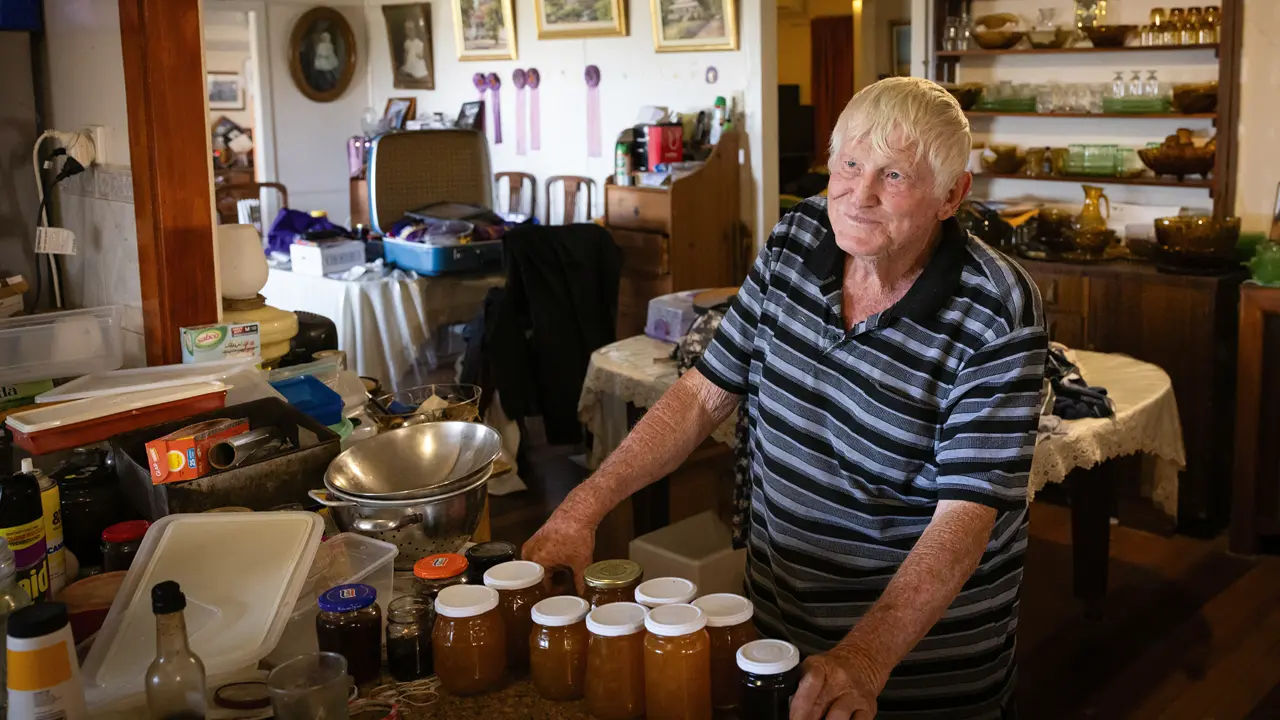Once a rough copper town and more recently a pretty heritage centre , Burra is now poised to cash in on a new tourist attraction – fossils.
Story By Ian Glover
Imagine living in a cavity in a creek bank. You eat, sleep and do everything else in this tiny single ‘room’, not even high enough to stand upright in. There are no sanitary provisions, so outbreaks of dysentery, typhus, smallpox and typhoid fever are common. If you have children, their chances of survival aren’t high.
This is what life was like for 1800 people – miners’ families comprising 40 percent of the copper town of Burra’s population – in 1851. An acute housing shortage was a result of the rapid development of the mine after copper outcrops were discovered near Burra Creek by shepherds in 1845.
Those lucky enough to be in town lived in small tenement cottages that now provide accommodation for visitors. With whitewashed walls, rough hewn tongue-and-groove wooden doors, open fireplaces, lights activated by strings not switches, and ceiling fans, Paxton Square Cottages provide some indication of what day by day existence was like for the fortunate in those days. (Bathrooms with flushing loos are a concession to modern demands!) Today the 32 cottages house up to 108 people.
According to Anita Stokes, Manager of the Burra Visitors’ Centre, tourism is now vital to the town’s economy. One of six major locations on the Heritage Register, the town is easily reached from Adelaide and is ‘on the way’ to destinations such as Broken Hill, the Riverland and the Flinders Ranges. It’s a case of using the past to ensure a future.
There’s plenty to keep visitors occupied. Eight antique shops, the historic mining area and plenty of places to eat (including an Indonesian restaurant) just scratch the surface. The smart way to go is to follow The Key Trail – simply hire your key and guide book from the Visitors’ Centre. The Unicorn Brewery is a definite standout. Burra once had nine hotels, going though 60 hogsheads of ale a week. Built by Frederick Thomas Jones in 1873, the Unicorn operated until 1902, when changes in the licensing laws meant an end to Unicorn Ale, popular right across the State.
This story excerpt is from Issue #56
Outback Magazine: Dec/Jan 2008








